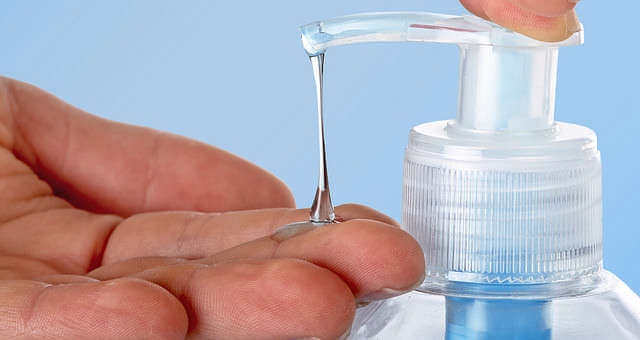Yet another research team has come out with a report against the use of antibacterial soaps. South Korean scientists discovered that antibacterial soaps only kill more bacteria than regular soaps do, if the antibacterial soaps are exposed to the bacteria for hours.
When the antibacterial soaps and the regular soaps were both used for 30 seconds, both killed the same amount of bacteria.
The active ingredient in antibacterial soaps is a product called triclosan. Current law forbids soap manufacturers from using more than 0.3 percent of it in antibacterial soaps. The South Korean researchers found that such a weak percentage of triclosan means it does not kill more bacteria than regular soap and water. They discovered the percentage of triclosan needs to be much greater than 0.3 percent to kill substantially more bacteria than regular soap.
However, don’t let that 0.3 percent of triclosan make you think it’s safe. As it turns out, it could be harmful in a number of ways, according to years of research that has even gotten the attention of the Food and Drug Administration.
In fact, the FDA is considering banning triclosan unless soap manufacturers can prove that it’s safe.
The FDA is concerned about reports that triclosan causes hormonal disruption. Equally concerning is the theory that triclosan contributes to the emergence of antibiotic-resistant bacteria. This is because when we use antibacterial soaps, the residue goes down the drain and ultimately into our water supply. So we end up drinking the stuff. Plus, the triclosan-tainted water is used to grow the foods we eat.
Remember, we only want to kill some bacteria. Much of the bacteria in our bodies, especially in our gut, are good, and we need them to maintain a healthy immune system. If we do away with all the bacteria in our gut we can suffer all kinds of bowel trouble and more.
So as cold and flu season approaches, remember the best way to prevent against getting sick is to wash your hands often. But just use regular soap and water. Ideally, use warm water and lather for at least 20 seconds, or about the time it takes to sing the “Happy Birthday” song twice.
Lorie Johnson is the medical reporter for CBN News. For the original article, visit cbn.com.
























